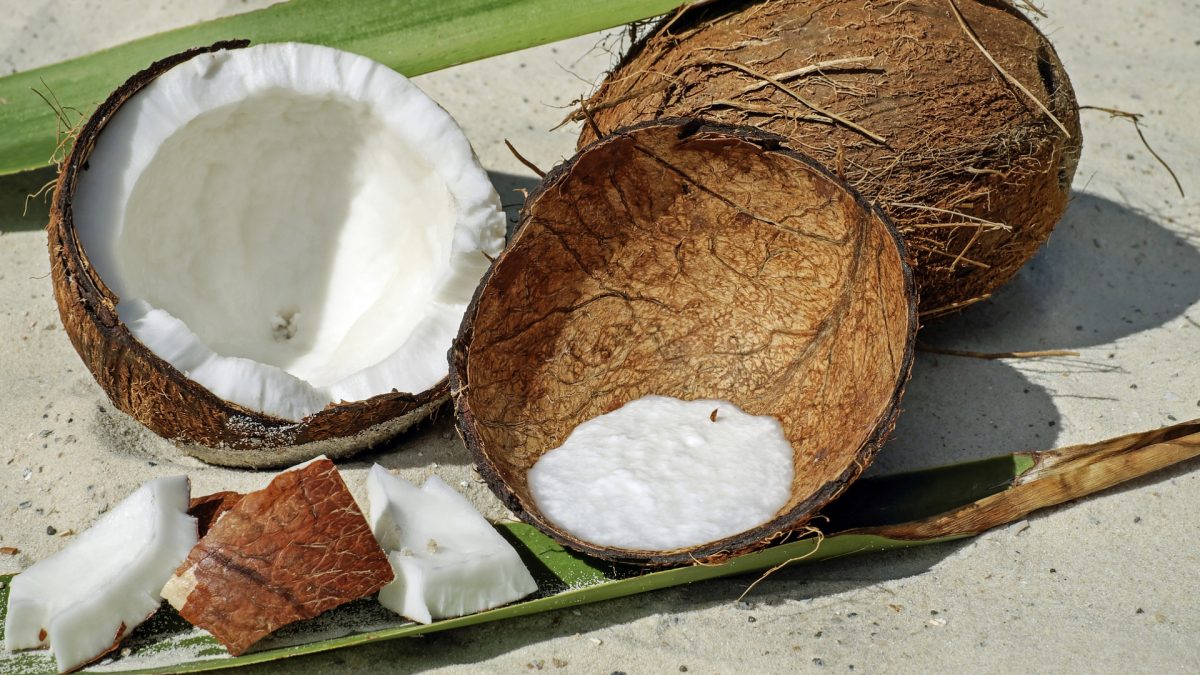I do forget though, is coffee good or bad for you now? LOL. Have a great day all!
I am always curious about who funds the research, sometimes it is hidden. Here's some tidbits from my "trusted" source (probably funded by the coffee industry

)...
Here is more than you might have ever wanted to know about coffee...
"science is particularly interested in
chlorogenic acids -- not a single compound, but a family of them.
They are present in coffee in far higher concentrations than any other food product, and they exhibit
powerful free-radical scavenging, anti-inflammatory, anti-diabetic, and even neuroprotective effects. ...the darker the roast, the less chlorogenic acids you have
Naturally occurring acids in coffee, whose ratios are ever-changing during the roasting process, can have a dramatic influence on flavor... Sparkling acidity comes from phosphoric acid, for instance, while citrus notes come to fore with greater concentrations of citric acid"
Years ago, the prestigious scientific journal
Nature received an application for a paper that promised a comprehensive list of all products appropriately labeled “chemical-free.”
It was blank. Tongues planted firmly in cheek. But the editors were so amused they made the "study" publically available on their site.
Despite what marketers around the world may want you to believe, the world is made up of chemicals, and even your favorite all-natural products -- such as coffee -- are full of em. Interestingly, many of the chemicals in coffee can be found all across nature: in what you eat, drink, and even in the air you breathe. It is believed that over 1000 unique compounds are responsible for the aroma of coffee.
Here’s a little peek at the “ingredients list” for your typical roasted coffee bean"
This is why I don't add cream or sugar to my coffee

...


